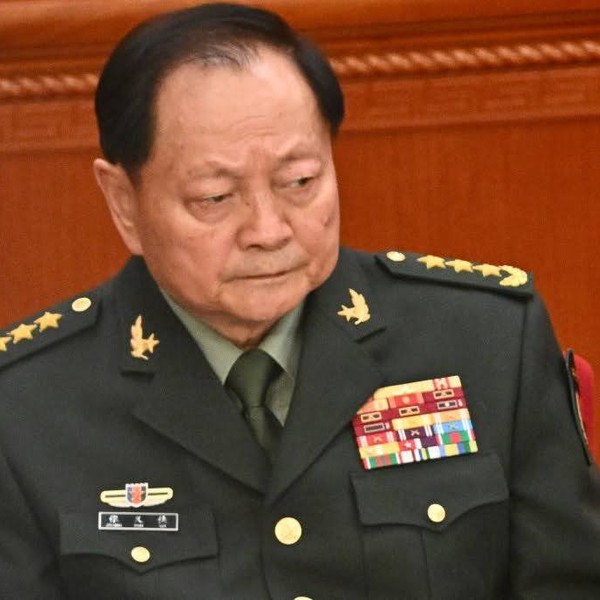Bottom Line Up Front:
- The U.S. Congress was recently notified about a potential arms sale between the U.S. and Taiwan, estimated at close to $2 billion.
- Beijing has expressed serious concern about the deal, claiming that it violates the ‘One-China’ policy that Washington has agreed to uphold.
- The arms deal is not unprecedented and follows earlier deals made during both the George W. Bush and Obama administrations.
- The latest development further escalates tensions between the U.S. and China at a time of already strained relations.
The news of the U.S. pursuing a potential arms deal with Taiwan, estimated at approximately $2 billion, has angered the Chinese leadership, adding yet another point of tension to already deteriorating Sino-U.S. relations. Congress was informally notified of the prospective deal, which would allow Taiwan to purchase over 100 Abrams tanks, 1,240 TOW anti-tank missiles, and 250 stinger missiles, as well as other defense equipment. The Chinese Communist Party (CCP), which views Taiwan as a province of China engaging in ‘separatist activities,’ strongly denounced the deal. Geng Shuang, spokesperson for the Chinese Foreign Ministry, stated bluntly: ‘We are severely concerned about the U.S. move and are firmly against U.S. arms sales to Taiwan.’
Beijing views the deal as violating the ‘One-China’ policy—the official stance of the United States, which accepted Beijing as the sole government of China and did not officially recognize Taiwan’s government—first outlined in the Shanghai Communiqué of 1972. However, the Taiwan Relations act of 1979 states that ‘the United States shall provide Taiwan with arms of a defensive character…” and the U.S. remains Taiwan’s primary arms supplier. The current proposed arms deal is not unprecedented. During his first term, President George W. Bush approved a total of 9 arms deals with Taiwan, worth $5 billion. Under President Barack Obama’s two terms, arms packages to Taiwan amounted to $14 billion.
The recent development in the trilateral relationship occurs against the backdrop of rapidly deteriorating U.S.-China relations and heightened tensions in cross-Strait relations. The issue of Taiwanese independence and the ‘One-China’ policy characterized the presidency of Donald Trump from the beginning, when the president-elect accepted a congratulatory call from Taiwanese president Tsai Ing-wen—an act that led Beijing to doubt Trump’s intentions and was also deeply humiliating to Chinese President Xi Jinping and the CCP. The Trump administration has assumed an uncompromising stance in its relations with China, publicly accusing Beijing of being unfair on trade, ramping up tariffs in the prolonged ‘Trade War,’ and planning to ban imports on specific Chinese technology, such as the controversial Huawei 5G network. In addition, on April 28, 2019 Washington sent two Navy warships through the Taiwan Strait, an act that Beijing interpreted as provocative and escalatory.
Under Xi Jinping, China has pursued a more assertive foreign policy through, for example, Xi’s signature project The Belt and Road Initiative; militarization of disputed islands in the South China Sea; and increased aggression in cross-Strait relations. In his New Year’s address, Xi called for peaceful reunification of Taiwan with the Chinese mainland, but also warned: ‘We make no promise to renounce the use of force and reserve the option of taking all necessary means.’ The forceful rhetoric coupled with Beijing’s reforms for military modernization of the People’s Liberation Army (PLA), military drills in the Taiwan Strait, and actions like dispatching its aircraft carrier to enter Taiwan’s Air Defense Identification Zone (ADIZ), have led some to speculate that China may be planning to forcefully reunite Taiwan with the mainland at some point. Deteriorating Sino-U.S. relations and heightened Cross-strait tensions are mutually reinforcing. Trump and Xi’s zero-sum mentality increases the likelihood of a future crisis in the Taiwan Strait, with the potential of provoking a broader conflict between Beijing and Washington.











